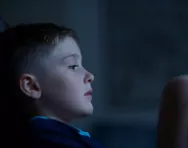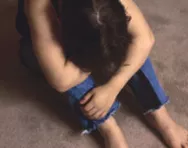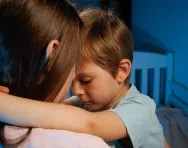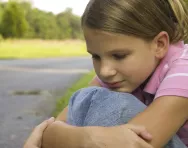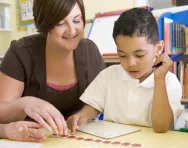TheSchoolRun.com closure date
As we informed you a few months ago, TheSchoolRun has had to make the difficult decision to close due to financial pressures and the company has now ceased trading. We had hoped to keep our content available through a partnership with another educational provider, but this provider has since withdrawn from the agreement.
As a result, we now have to permanently close TheSchoolRun.com. However, to give subscribers time to download any content they’d like to keep, we will keep the website open until 31st July 2025. After this date, the site will be taken down and there will be no further access to any resources. We strongly encourage you to download and save any resources you think you may want to use in the future.
In particular, we suggest downloading:
- Learning packs
- All the worksheets from the 11+ programme, if you are following this with your child
- Complete Learning Journey programmes (the packs below include all 40 worksheets for each programme)
You should already have received 16 primary school eBooks (worth £108.84) to download and keep. If you haven’t received these, please contact us at [email protected] before 31st July 2025, and we will send them to you.
We are very sorry that there is no way to continue offering access to resources and sincerely apologise for the inconvenience caused.
Recognising Obsessive Compulsive Disorder (OCD) in children
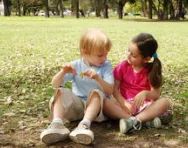
From saying 'goodnight' to teddies, to demanding that the curtains reveal the same piece of sky every night – it’s all part of the normal bedtime routine in most family households. But occasionally those little rituals can turn into unhealthy obsessions, and may be a sign of Obsessive Compulsive Disorder.
Children with Obsessive Compulsive Disorder (OCD) begin to worry about all sorts of other things. They develop obsessions and unwanted thoughts or images often accompanied by compulsions, such as repeatedly washing, counting or checking.


Start a unique learning programme!
- Weekly programme for each school year
- Worksheets sent direct to your inbox
- Keeps your child's learning on track
Normal ritual or OCD?
“Ritualistic repetitive behaviour is normal in young children. Children between the ages of three and six often have quite a lot of bedtime rituals which are usually outgrown,” says Dr Isobel Heyman, a consultant child psychiatrist at the Maudsley Hospital.
Ritualistic behaviour is only a problem if it starts to get in the way of normal everyday life.
The World Health Organization lists the illness as one of the top 10 disabling conditions - including physical ailments - in the world. One in a hundred people will develop OCD at some time in their lives, many from an early age. At least half of adults who get help for OCD started their symptoms as children but went undiagnosed. It is often referred to as the ‘secret’ illness because people are embarrassed about it and realise it isn’t logical. Yet if the illness is 'caught' and treated in time, the majority can make a full recovery.
Assessing OCD in children
Psychiatrists assess OCD in children by looking at how long they spend carrying out their rituals and routines and whether their behaviour is causing them stress. Generally if the rituals take up more than an hour a day, are making the child miserable and preventing them from doing other things, then it’s time to seek help.
It could be that the child is consistently late to school because they are packing and unpacking their school bag until it feels just right, or walking to school avoiding the cracks in the pavement. In extreme cases, the child could be up half the night washing! In other cases the child may be worried about contamination, so they may avoid playing football with friends because they don’t want to get muddy.
“It’s not just having a few rituals,” explains Dr Heyman, “It’s about demonstrating that it’s reached the level of a disorder in the sense that it’s getting in the way.”
Other resources:
www.ocdaction.org.uk
www.ocd-uk.org
